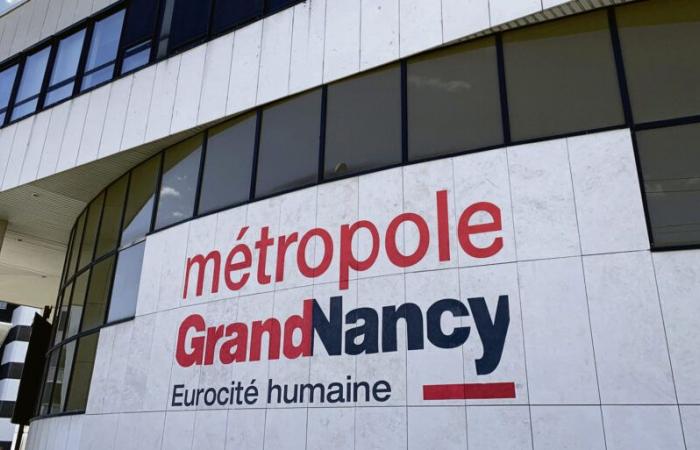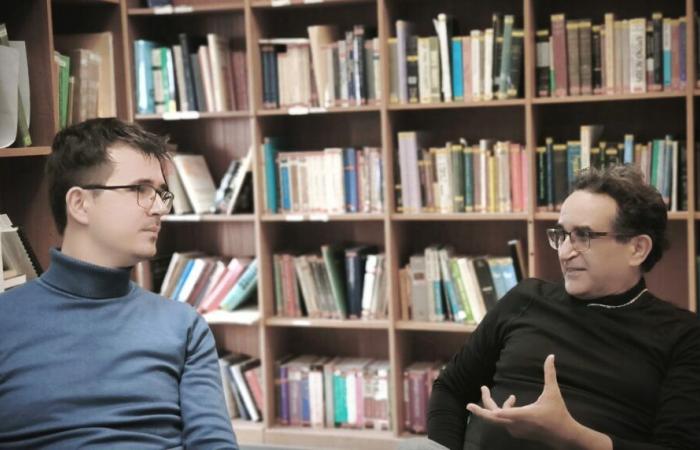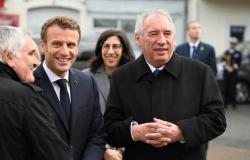The exercise is becoming more and more delicate but remains essential: the Métropole du Grand Nancy held its budgetary orientation debate during the metropolitan council on Thursday December 19, 2024. In the absence of Vincent Matheron, deputy vice-president for resources human and financial, it was therefore Christophe Choserot, in charge of the higher education, research and innovation portfolio, who took part in the exercise by presenting the main orientations for the year 2025. “A particularly important session”, which is being held in a “particularly serious national context”, did not fail to underline the mayor of Maxéville.
An important point, first, to take into account: the amount of the community contribution to the recovery of public accounts, presented in the initial draft finance law for the month of October. For the Greater Nancy Metropolis, this effort amounts to more than 13 million euros. It is therefore by taking this estimate into account that the budgetary orientation debate was initially defined. However, the motion of censure passed on December 4 and leading to the resignation of the Barnier government has somewhat reshuffled the cards, putting the issue back on the table.
At the same time, the activation of the special finance law ensures the continued payment of community revenue (taxes) under the same conditions as in 2024. “A situation that is undoubtedly favorable but which will not have the to last beyond the transition period,” underlines Christophe Choserot. At the same time, “the motion of censure did not cancel France's debt” and we must therefore prepare to “have some contributions from everyone”. However, the adoption of the budgetary calendar remains essential. It is therefore by taking into account all of these uncertainties that the 2025 budgetary orientation debate was held.
No increase in taxation
“The financial trajectory is very tense,” introduces the metropolitan vice-president responsible for higher education, drawing up a budgetary orientation report constructed according to the following national projections: GDP growth of +1.2%; inflation projected at 1.5% “stabilizing”; a downward trend in interest rates to around 3%; a “very worrying” public finance situation with a public deficit of more than 5% of GDP and a public debt of 3,100 billion euros reinforced by the rise in rates. Nevertheless, the main orientations remain the same for Greater Nancy, as defined during the first budgetary orientation debate posed by the current majority: attractiveness and influence with in particular the adoption of the “business reception plan”; meet the challenges of economic, demographic, societal and ecological transitions; live it together.
If the efforts to be made are “significant”, recourse to taxation is however excluded for 2025, despite “a less dynamic evolution of revenues than that of expenditure”. A first “phew” of relief for the residents of Greater Nancy, who had already had to face a double increase in property taxes for the city and for the metropolis in 2024. At the same time, the room for maneuver to be made in operating expenses increases at around 20 million euros, still based on the PLF 2025 presented by the former government of Michel Barnier.
“Walk on our own two legs”
On investment, the planned expenditure amounts to 217 million euros for 2025. In detail, out of around a hundred planned operations, seven concentrate half of the credits for a volume of 77 million euros which is are mainly part of public mobility and urban development policies: the bicycle part of the metropolitan mobility plan (€17.5 million); the implementation of aid for type III stone (€16.7 million); Urbanloop (€13.5 million); finalization of line 1 and commissioning of the trolleybus (€8.5 million); structuring lines of P2M (€7.7 million); national urban renovation program (€7.2 million); development of public spaces in municipalities in connection with the financing of the financial and fiscal pact (€6 million). “We believe that there would be nothing worse, in these difficult times, to stop investing and I believe that we must walk on our two legs,” argues Christophe Choserot.
There is no question, however, of dealing a blow to the operating part, even if the latter must remain “reasonable”. “The debate would be to say that good budgets are those which will limit operating expenses as much as possible to make investments. I don't think so. I believe that we also need to invest in people, especially in these periods of crisis, we must maintain support for those who need it most. »
Regarding the levers that can be activated to achieve savings, four have been identified: reducing expenses by 5% (€4 million); the return to capped envelopes for upkeep, maintenance and acquisition expenditure (€9.9 million); the delay of investment projects not yet committed (€13.5 million) and the evaluation of assets, in particular real estate and land, which could be the subject of a sale. An “exceptional budgetary conference” bringing together the four group heads of the deliberative assembly was also established in order to put together other proposals.
Show “courage”
On the opposition side, Laurent Garcia, member of the Grand Nancy Perspective group, regrets a certain lack of anticipation in the major budgetary directions taken since 2020. “If the various external phenomena have weakened budgetary balances, the management choices of the current majority have amplified the phenomenon”, points out the elected official, denouncing “the lack of anticipation of the financial consequences of certain measures”, taking up the themes dear to the opposition group: the offer of aquatic leisure activities, for not directly mention the Plage des 2 Rives, or pricing of public services, certainly in reference to free public transport on weekends, two subjects regularly brought back to the table during budgetary debates. He also questions the “absence of investment subsidies” in the additional budget dedicated to transport even though the trolleybus is about to be put into service. “The most worrying thing in this 2025 debate is ultimately the absence of perspectives. After having been up against the wall, we are now up against the wall, the budgetary wall. »
A point of view that Sabrina Benmokhtar agrees with, who spoke on behalf of the Socle group (Citizen Solidarities for Ecology), insisting on the fact that it is “necessary to refocus efforts [de la Métropole] on actions that directly concern our territory and its inhabitants and this is where we are perhaps in partial disagreement,” notes the metropolitan councilor responsible for the social and professional integration of young people. Starting with certain initiatives, in particular on the aspect of economic innovation and research which “must be put on hold for the moment because they relate to long-term perspectives and do not respond to current emergencies”, “the projects free transport which is based neither on a social criterion nor on a solidarity objective” or even the professional football club of the Metropolis, the ASNL, “with a disproportionate stadium and with disproportionate ambitions which no longer fulfills its role of territorial dynamism “.
For Jean-Pierre Dessein, member of the Grand Nancy Perpspectives group, the equation is rather simple: “We must have the courage to put the sovereign skills of the Metropolis before our dreams. We're going to have to be pragmatic. » To which Laurent Watrin, delegated advisor for European financing and also a member of the Socle group, replies that: “If we are not imagining new things and racking our brains, at the moment, at subject of these tipping points that we have been talking about for several years now, so we are missing the point. »
Modification possibilities
For the moment, nothing has been decided and the initial draft budget (BP 2025) will be sent to the metropolitan council, at the latest twelve days before its examination, that is to say on Friday January 24, 2025. The budget , for its part, will therefore be arrested during the council meeting on February 6.
As a result, this draft initial budget will not take into account, due to lack of availability, the elements relating to the finance law for 2025. A modifying decision will therefore be made, during the metropolitan council of April 24, taking into account the PLF 2025 which will likely present the effort required of communities.







